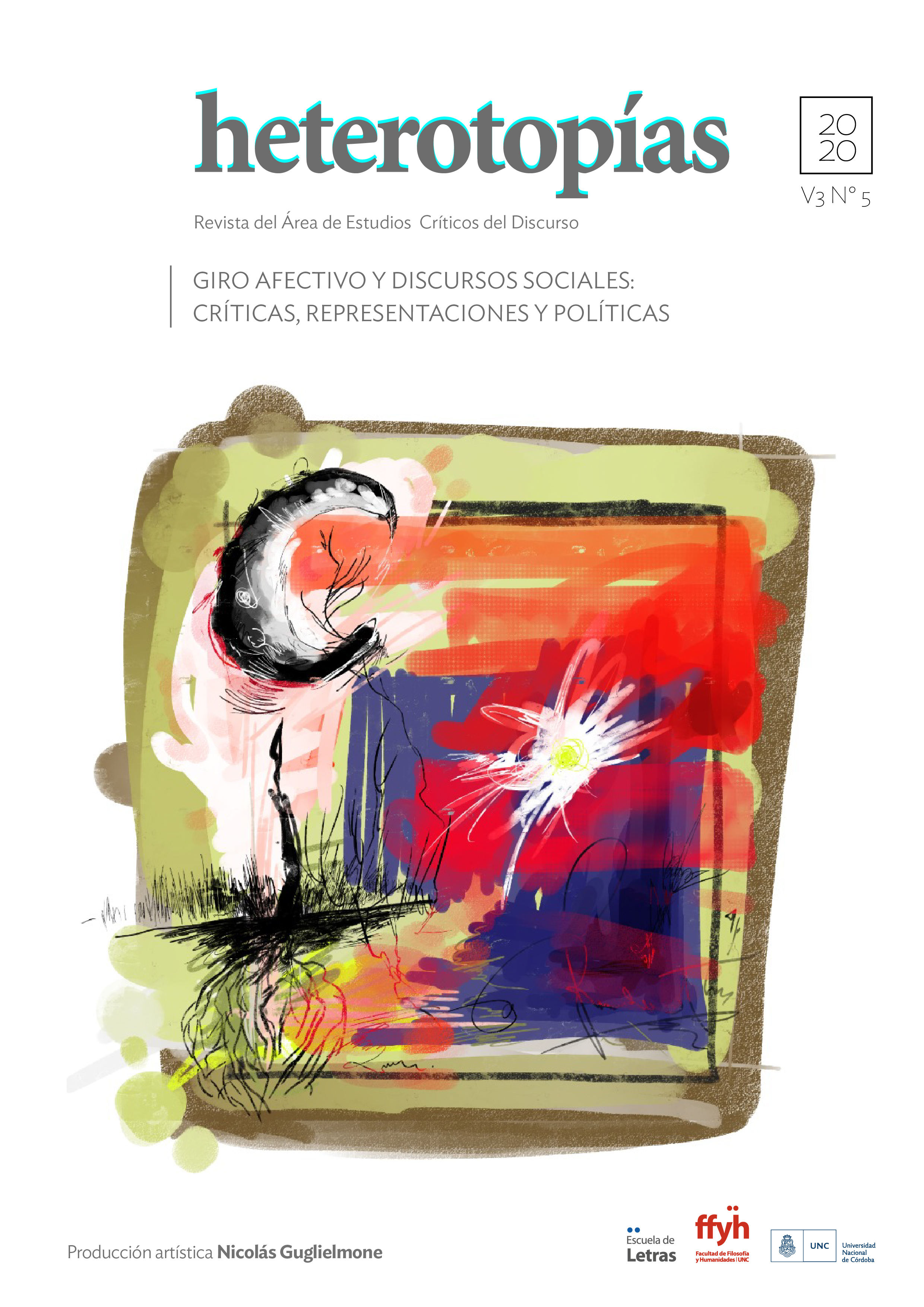The earth-form of life: Nasa thought and the limits of the modern episteme
Main Article Content
Abstract
This article examines a framework constructed by the Nasa indigenous people of Southwest Colombia, centered on the statement of the Liberation of Mother Earth. Taking the Nasa statement as a point of departure, the article establishes a conversation between the Nasa proposal and the discourse analysis and archeology of knowledge developed by Michel Foucault. The detailed reading of the Nasa archive allows us to argue that the notion of the Liberation of Mother Earth –a genuine concept-movement--, may be taken as a powerful principle for political action and design endeavors. This principle also affords clues to understand the task of “weaving life in liberty,” from wherever each person of group happens to be located. Finally, it is argued that the lucid Nasa knowledge points at a civilizational change, from the Man-form of life (anthropocentric modernity) to the Earth-form, based on the radical interdependence of everything that exists.
Downloads
Article Details

This work is licensed under a Creative Commons Attribution-NonCommercial-ShareAlike 4.0 International License.
Those authors who have publications with this journal, accept the following terms: Those authors who have publications with this journal, accept the following terms:
a. The authors will keep their copyright and guarantee to the journal the right of first publication of their work, which will be simultaneously subject to the Creative Commons Attribution - Non-Commercial - Share Alike (by-nc-sa) Attribution License; no commercial use of the original work or any derivative works is allowed, the distribution of which must be done with a license equal to the one that regulates the original work.
b. Authors may adopt other non-exclusive license agreements for the distribution of the published version of the work (e.g., deposit it in an institutional telematic archive or publish it in a monographic volume) provided that the initial publication in this journal is indicated.
c. Authors are allowed and recommended to disseminate their work through the Internet (e.g. in institutional telematic archives or on their website) before and during the submission process, which may lead to interesting exchanges and increase the number of citations of the published work. (See The effect of open access).
How to Cite
References
Almendra, V. (2 de agosto de 2012). La paz de la Mama Kiwe en libertad, de la mujer sin amarras ni silencios [Entrada de Blog]. Recuperado de http://pueblosencamino.org/?p=150.
Almendra, V. (2016). “Una mirada al pensamiento crítico desde el hacer comunitario”. En Regalado, J. (Comp.). Pensamiento crítico, cosmovisiones, y epistemologías otras, para enfrentar la guerra capitalista y construir autonomía (pp. 61-78). Guadalajara: Universidad de Guadalajara.
Cabildo, Taitas y Comisión de Trabajo del Pueblo Guambiano. (1994). Plan de vida del Pueblo
Guambiano. Territorio Guambiano-Silvia, Cauca: Cabildo del Pueblo Guambiano.
Consejo Regional Indígena del Cauca, Cric. (2008). Plan de vida regional de los pueblos indígenas del Cauca Reconstruir el pasado para vivir el presente y reafirmar el futuro. Popayán: Cric.
Deleuze, G. (1987). Foucault. Barcelona: Paidós.
Escobar, A. (2014). Sentipensar con la Tierra: Nuevas lecturas sobre desarrollo, territorialidad, y diferencia. Medellín: UNAULA.
Foucault, M. (1966). El nacimiento de la clínica. México: Siglo XXI.
Foucault, M. (1968). Las palabras y las cosas. México: Siglo XXI.
Foucault, M. (1970). La arqueología del saber. México: Siglo XXI.
Gago, V. (2015). La razón neoliberal. Buenos Aires: Tinta Limón.
Leff, E. (2015). La apuesta por la vida. México: Siglo XXI.
Lugones, M. (2010a). The Coloniality of Gender. En Mignolo, W. y Escobar, A. (Comps.). Globalization and the Decolonial Option (pp. 369-390). London: Routledge.
Lugones, M. (2010b). Toward a Decolonial Feminism. Hypatia 25(4), 742-760. ´
Márquez, F. (18 de abril de 2015). Situación que carcome mis entrañas. A propósito de la orden de bombardear el Cauca [Entrada de Blog]. Recuperado de https://pueblosencamino.org/?p=1497.
Maturana, H. y Varela, F. (1980). Autopoiesis and Cognition. Boston: Reidel Publishing Company.
Maturana, H. y Varela, F. (1987). The Tree of Knowledge. The Biological Roots of Human Understanding. Berkeley: Shambhala.
Rivera Cusicanqui, S. (2014). Hambre de huelga. Ch’ixinakax Utxiwa y otros textos. Querétaro, México: La mirada salvaje.
Ulloa, A. (2012). Los territorios indígenas en Colombia: De escenarios de apropiación transnacional a territorialidades alternativas. Scripta Nova, XVI(418). Recuperado de http://www.ub.edu/geocrit/sn/sn-418/sn-418-65.htm
Ulloa, A. (2011). The Politics of Autonomy of Indigenous Peoples of the Sierra Nevada de Santa Marta, Colombia: A Process of Relational Indigenous Autonomy. Latin American and Caribbean Ethnic Studies, 6(1), 79-107.
